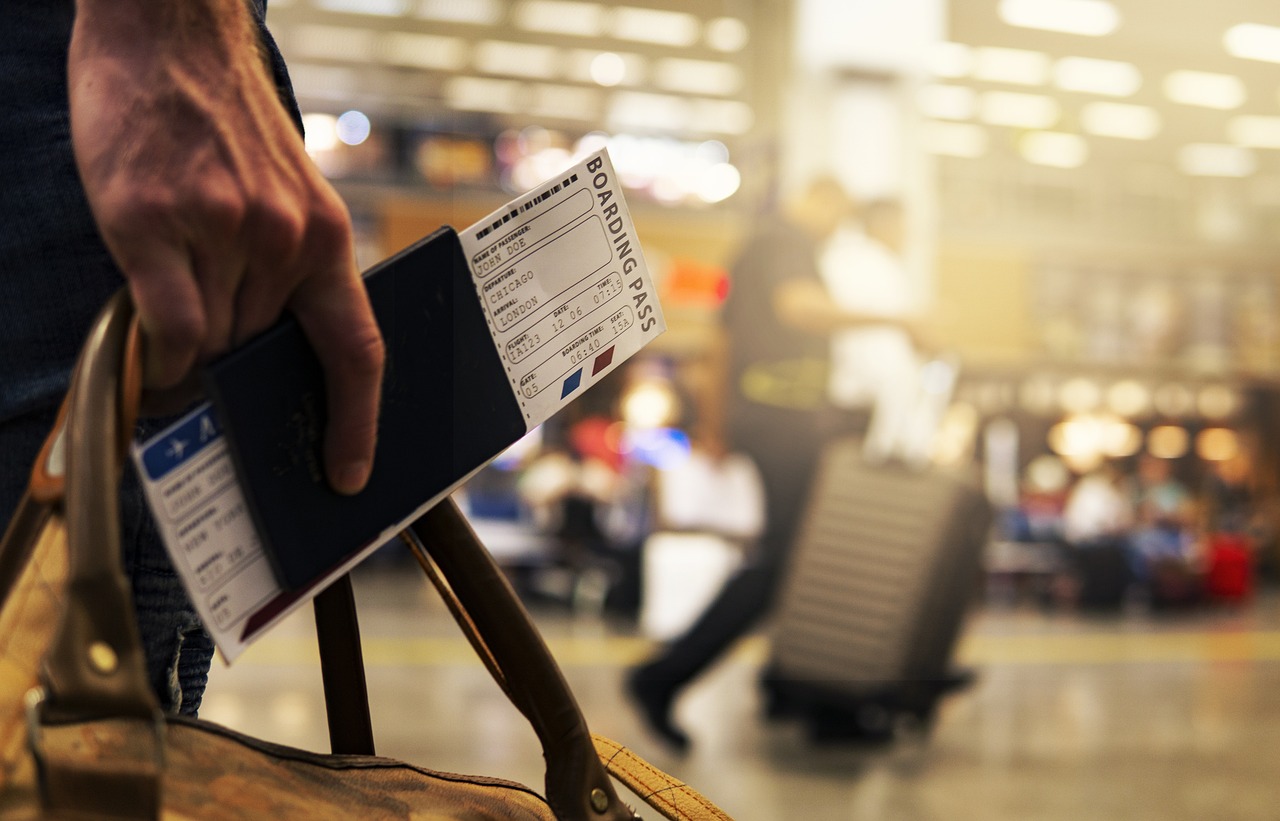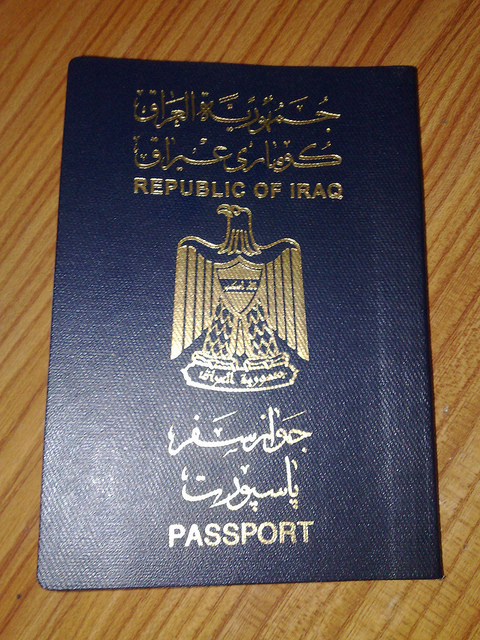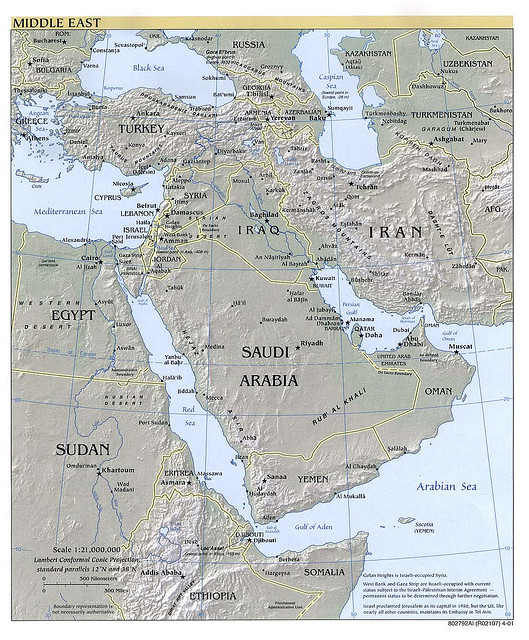We are happy to report that the Biden administration has accelerated Israel’s designation into the Visa Waiver Program (VWP).
Previously, the government announced that Israeli nationals could begin to travel to the United States visa-free starting on November 30th.
However, as of yesterday, Thursday, October 19, 2023, the Department of Homeland Security (DHS) issued a new press release notifying the public that eligible Israeli nationals can now start applying for authorization to travel to the United States on a temporary basis through the U.S. Customs and Border Protection’s (CBP) Electronic System for Travel Authorization (ESTA). For the time being, the ESTA application is only available in the English language but will soon be made available in other languages.
ESTA authorizations are generally valid for two years upon issuance and allow successful applicants to travel to the United States for tourism or business purposes for up to 90 days without first obtaining a U.S. visa. Israeli citizens and nationals with valid B-1/B-2 visas may continue to use them for business and tourist travel to the United States.
 Visa Lawyer Blog
Visa Lawyer Blog




